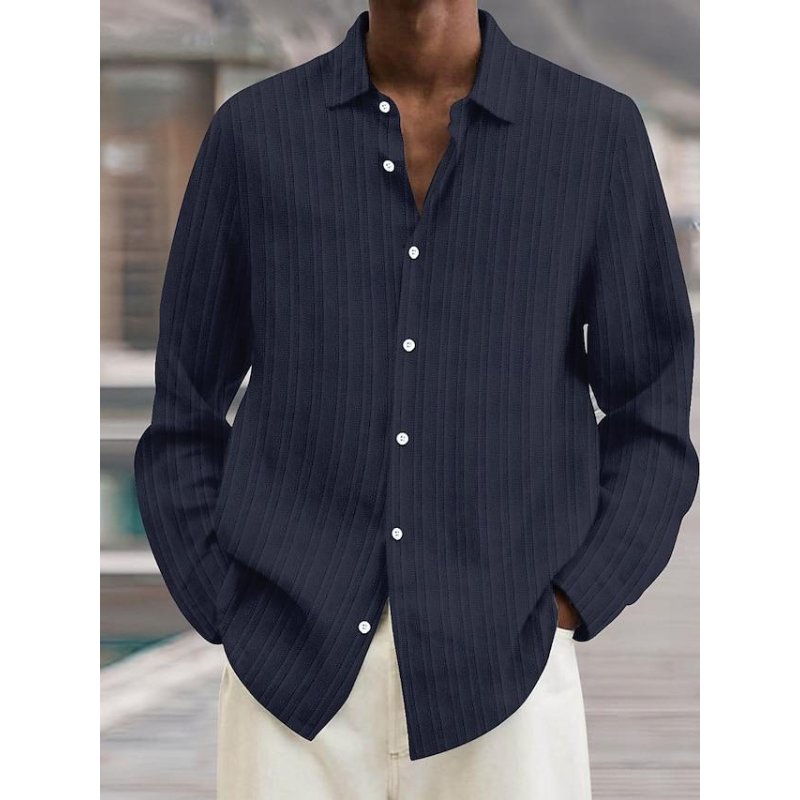Tag: Clothing, Fashion, Apparel, Textiles
The clothing industry has come a long way from traditional garments to modern fashion trends. Clothing has always been an essential part of human life as it not only serves the purpose of covering our bodies but also reflects our culture and identity.
In ancient times, people used animal skins and plant materials to make clothes for protection against harsh weather conditions. As civilizations evolved, so did clothing styles and techniques. The invention of the sewing machine in the 19th century revolutionized the garment-making process, making it faster and more efficient.
But it was not until the 20th century that the clothing industry truly transformed into what we know today. With advancements in technology and transportation, mass production became possible, leading to an increase in demand for ready-to-wear clothes. This period saw major changes in fashion with iconic designers like Coco Chanel introducing new styles such as women’s pantsuits and little black dresses.
In recent decades, globalization has had a significant impact on the clothing industry. Production moved overseas where labor is cheaper, allowing for lower-priced clothes to flood markets worldwide. Fast fashion brands emerged with their ability to quickly produce trendy designs at affordable prices.
However, this rapid growth has led to concerns about sustainability and ethical practices in the industry. Consumers are becoming more conscious of their purchasing decisions and are demanding transparency from companies regarding their supply chain processes.
To keep up with changing consumer preferences and societal values, many brands have shifted towards sustainable manufacturing methods using eco-friendly materials like organic cotton or recycled fabrics. They have also implemented fair trade practices by ensuring workers’ rights are protected.
Today’s fashion trends are heavily influenced by factors such as social media influencers promoting fast-paced consumerism or celebrities advocating slow fashion movements focused on quality over quantity. Eco-fashion is gaining popularity among consumers who prioritize sustainability over cheaply-made clothing.
In conclusion, the clothing industry has evolved significantly over time as a result of technological advancements and changing consumer preferences. However, it is crucial for the industry to continue adapting to meet demands while also ensuring ethical and sustainable practices are implemented to protect both people and the planet.

